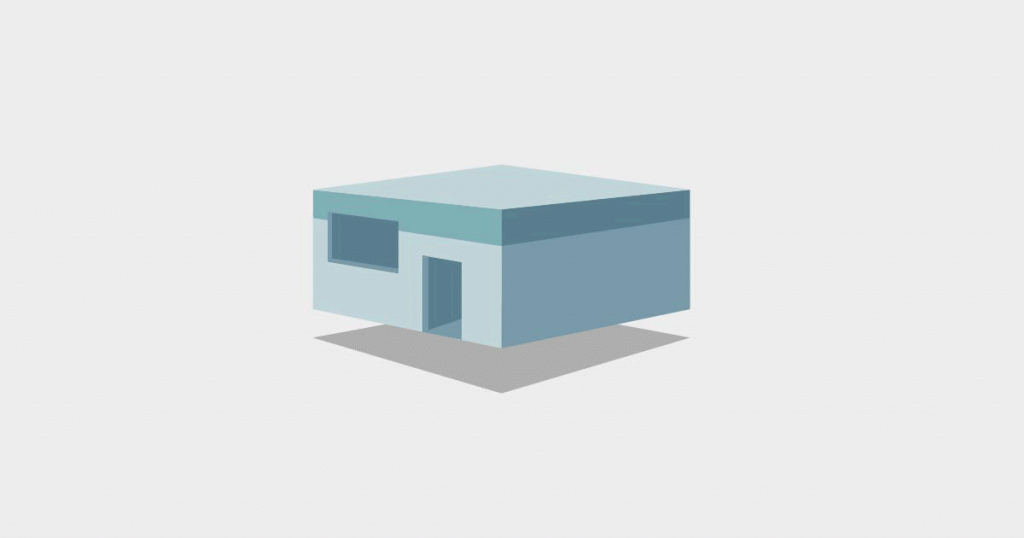Your guide to
Commercial Roofing Types
When starting your business or moving to a new permanent home for your company, the decisions placed on your shoulders can be overwhelming. While seemingly mundane, choosing the right roofing system for your home is a crucial decision that must be critically considered in this stressful time.
On top of the initial roofing decisions to be made when starting a business, it is dually important that you understand the nature of your existing commercial roofing type to proactively prepare for possible damage, repairs, or total replacement.
After all, without a solid roof over your head, your business could come caving in.
Questions to consider in the commercial roofing process:
During Colorado’s relentless hail season, will your business get caught in the storm?
Do you value color scheme and customization for your business design?
Do you consider your business to be environmentally conscious?
Does your city experience an abundance of sunny summer days?
Do your daily operations require the use of industrial chemicals?
While these questions may seem unrelated or insignificant, the answers to these crucial questions, and several more, will inform your ultimate decision of commercial roofing type and provide key insight into your business. And best of all, you don’t have to study up these questions before meeting with the CIG Construction team — we’ll take the time to review your complete business workings and preferences before any decisions are made for your commercial roofing type.
CONTACT USWhat is the best commercial roofing type for my business?
When venturing into the world of commercial roofing types, there are a few key factors to keep in mind to streamline the process. First of all, virtually all commercial roofing types are what is considered flat or low-slope roofing. As the name entails, this system essentially lays flat on your building, creating the classic business silhouette that consumers will instantly recognize.
A key detail to remember is that while flat roofing appears flat to the untrained eye, all flat commercial roofing types must maintain a minute degree of slope, or pitch, to allow for natural draining. This slight slope or pitch is the single most critical element of commercial flat roofing installation, as without it, your building can collect moisture and create water damage.
LEARN MORE CONTACT US
TPO ROOFING
TPO roofing, or thermoplastic polyolefin, is a single-ply membrane commercial roofing type, created from a combination of polymerized rubber and polypropylene. TPO roofing is the emerging choice of commercial roofing type for leading business owners due to its durability, environmental focus, and reflective nature. TPO is considered the most efficient commercial roofing type on the market today due to its vast energy-saving benefits.
LEARN MORE CONTACT USEPDM ROOFING
Ethylene propylene diene monomer, or EPDM, is a weather-resistant single-ply commercial roofing type, widely used in low-slope commercial roofing. EPDM roofing is developed from two key ingredients, ethylene and propylene, and is considered a thermoset membrane due to its molecular structure. This rubberized thermoset membrane enables EPDM commercial roofing types to be durable in excessive sunlight and resistant to possible sun damage.
LEARN MORE CONTACT USPVC ROOFING
PVC, or polyvinyl chloride, is a commercial roofing type that also functions as a single-ply thermoplastic membrane. PVC membranes are created with the aid of polyester as a seal between two layers of plasticized PVC, reinforcing flexibility, increasing UV stabilization, and protecting structural integrity. PVC is the preferred commercial roofing type for leading laboratories and facilities due to its impervious resistance to industrial chemical exposure and other contaminants.
LEARN MORE CONTACT US

